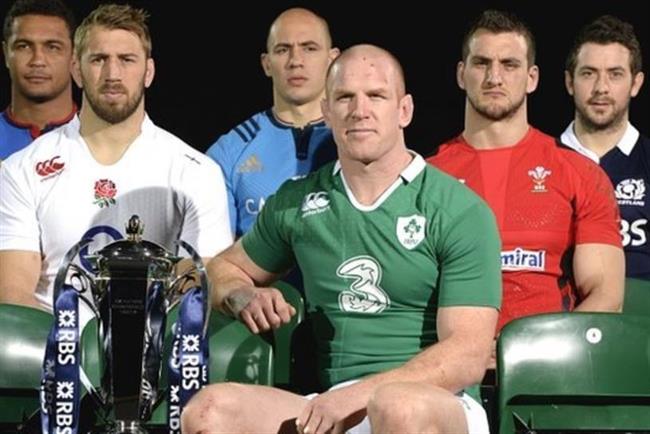
What’s rugby worth?
It’s a question that’s been posed to over 150 brand marketers over the last year and we still await a definitive answer.
For three months every spring, the Six Nations Championship puts international rugby on the sporting calendar. Average attendance across the matches is around 67,000 people and the international television footprint of the tournament is growing, although still dominated by the home nations and France.
Since 2003 the tournament has been sponsored by RBS, but last year the bank announced it was not going to renew its £11m a year title deal.
Since then CAA Sports has been aggressively marketing the property on behalf of the rights holder, the Six Nations Committee.
This weekend, the news dropped that the rights remain unsold.
So, what’s the problem?
There are many good strategic reasons for building a marketing platform around rugby and the Six Nations specifically.
Early media analysis jumped on Brexit as a reason for sponsor reticence.
And while the political and economic uncertainty created by the UK’s exit from Europe may be a factor, it’s unlikely to be the only one.
Perhaps the delay in finding a title sponsor at the desired price talks to more than rugby and the Six Nations specifically and instead reflects the strategic choices available to brands today compared to 2003, when RBS first became title sponsor.
The initial asking price of £17million a year puts the Six Nations in a market between an elite domestic title sponsorship and a small group of truly global properties, such as major UEFA and FIFA football tournaments, formula one or a local Olympic partnership.
In January, John Feehan, the head of Six Nations Committee gave an interview to the Daily Mail where he laid out the offer:
‘We want a sponsor who is actively engaged not just in Britain, but around the world. We see potential in markets like the USA. We want a brand to align with that.’
Those seeking evidence of rugby’s global expansion have received mixed messages over the past year. What is more representative of rugby’s appeal in America for example, the full house when Ireland played New Zealand in 2016 or the empty stadium in Philadelphia, that hosted Saracens v Newcastle a few weeks ago?
Rugby’s inclusion in the Olympics, starting in 2016 and continuing to Tokyo in 2020, is based on sevens, the shortened version of the game.
If a brand is seeking to use rugby as a global platform, then sevens could be the answer, rather than the Six Nations, which is beloved of a loyal and affluent audience in a few major markets in the UK and France.
There are other issues. Product categories usually associated with rugby, such as banks and financial services, are in a different place than they were in 2003, when RBS was seeking to use sport to build brand awareness following a period of rapid merger and acquisition under Fred The Shred Goodwin, the bank’s former CEO.
Since the financial crisis, bankers in Twickenham’s hospitality suites has not been a good look and they have less appetite for headine-grabbing sports rights deals.
RBS’s 14 year tenure creates a long shadow for any incoming title sponsor, who will wonder how hard they will have to work - and spend on additional media - before a new name becomes synonymous with Europe’s premier rugby tournament.
If a new sponsor fails to come forward soon, a number of alternatives present themselves ahead of the 2018 kick off in January.
The Aviva Rugby Premiership was asking similar questions, albeit at a lower price point.
In the absence of new entrants, Aviva agreed to continue as sponsor at a reduced fee for a further year.
Or the Six Nations could take back its own title and go sponsor free, adopting a strategy akin to the UEFA Champions League and more recently, the Premier League.
This model sees a series of smaller sponsorships sold category by category, or in different geographic territories.
As with any sponsorship, there can be enormous return on investment from the Six Nations for the right brand at the right price with the right strategy.
But the clock is ticking.
Dr Anna Semens is head of insight and analytics at Cake, the Havas sport and entertainment agency



.jpg)
.jpeg)
